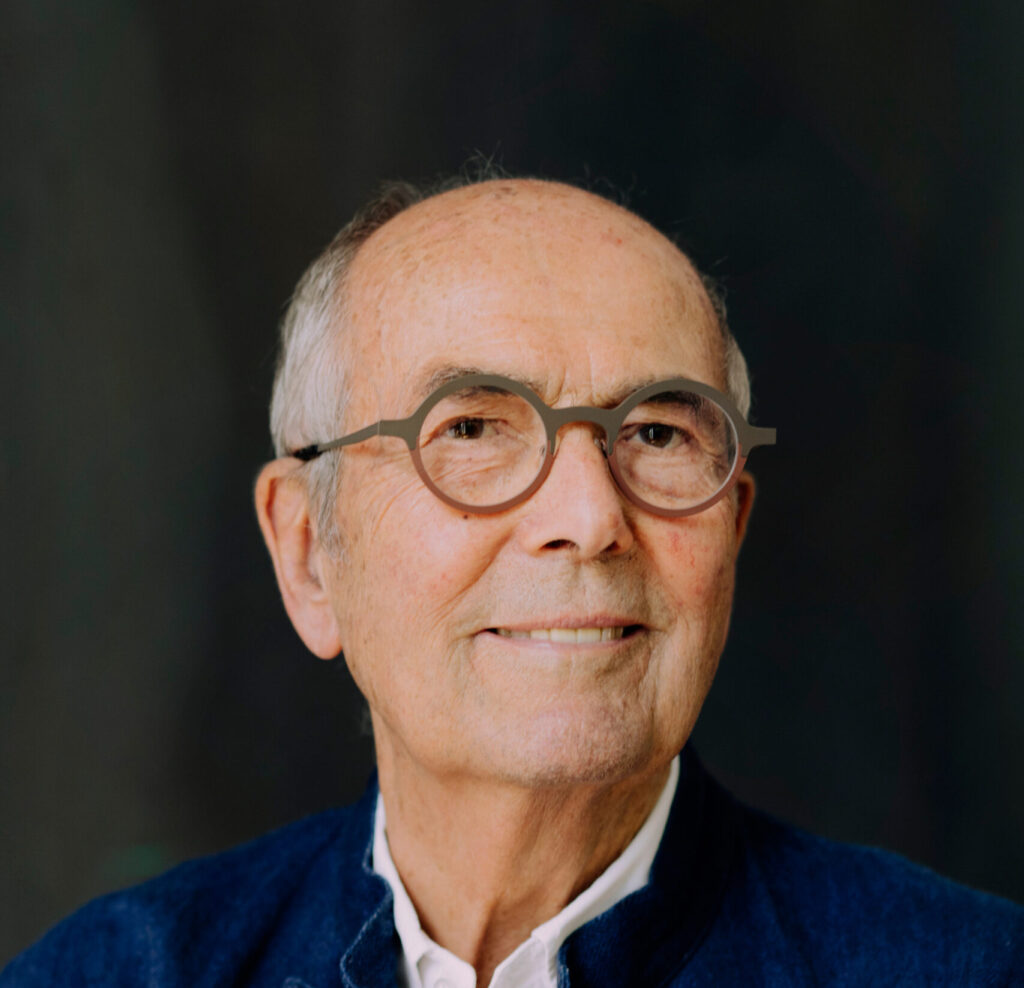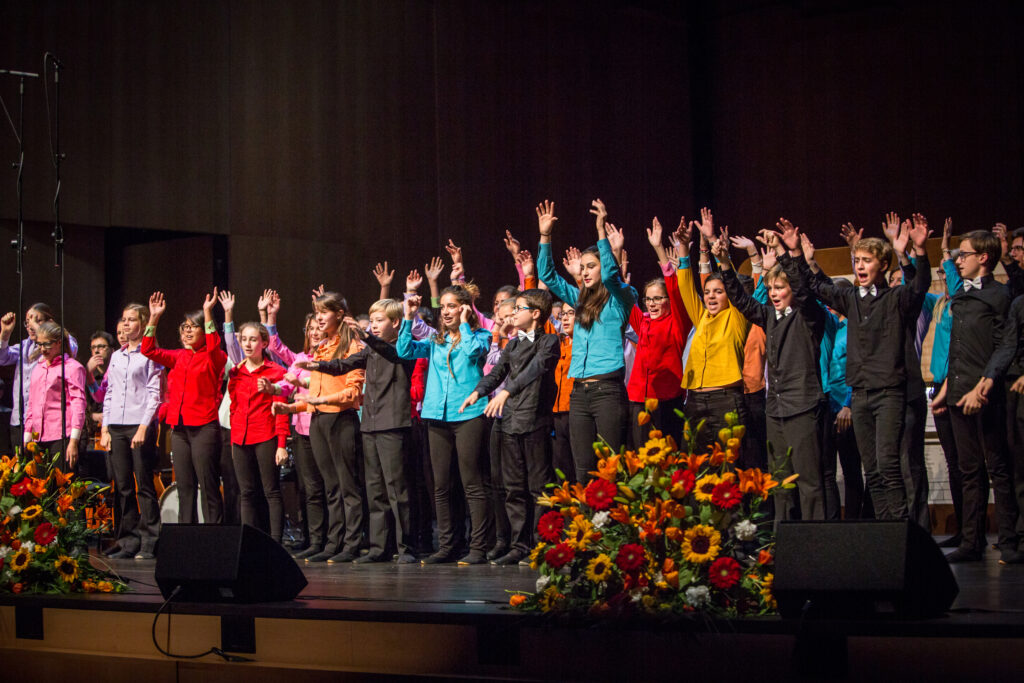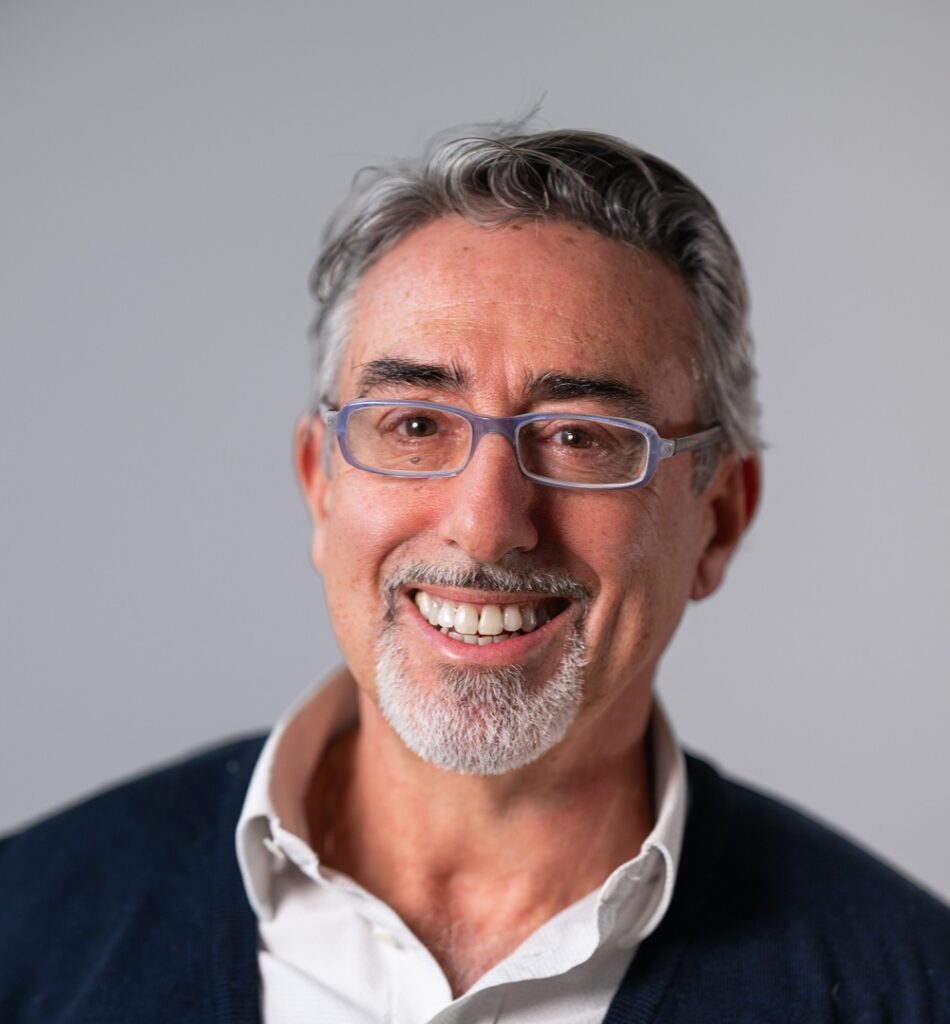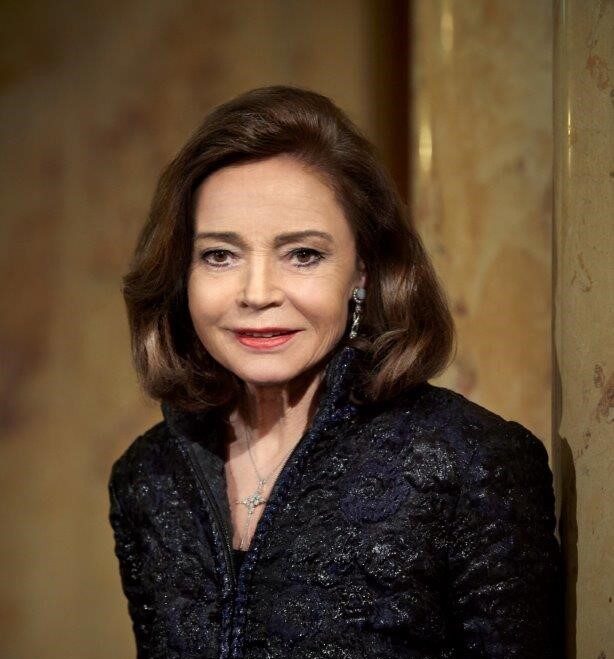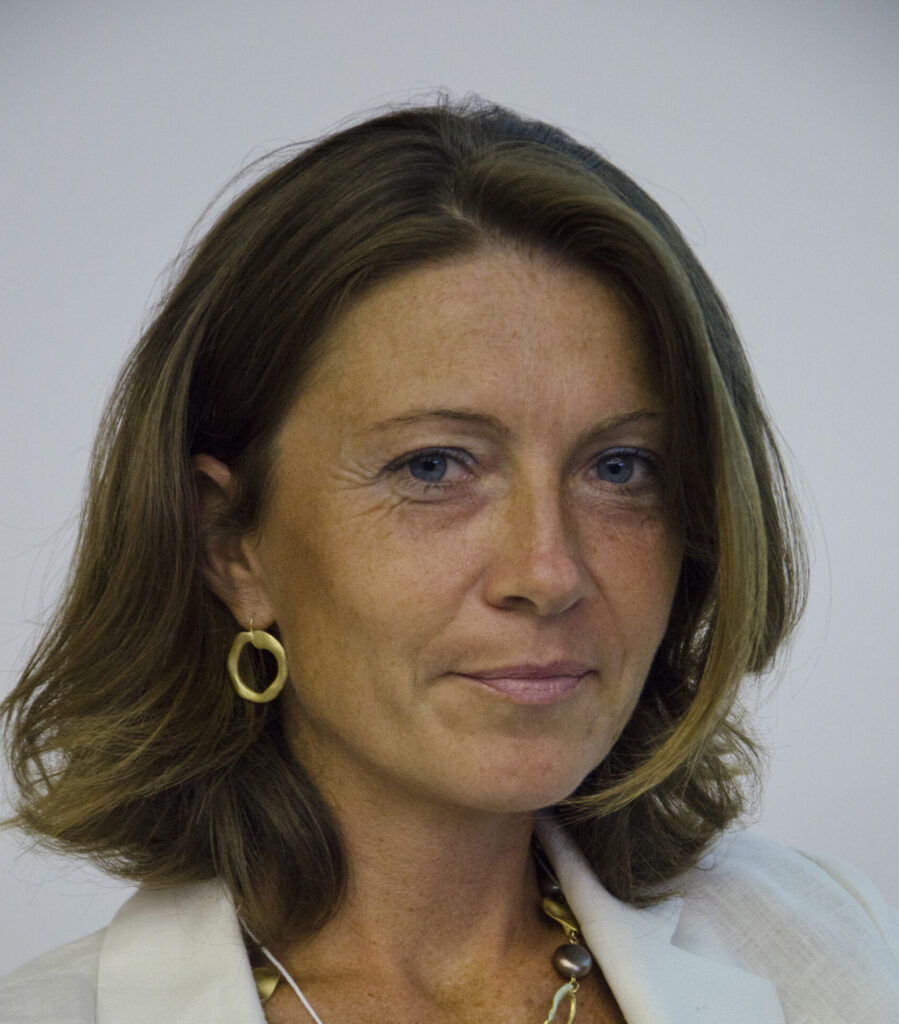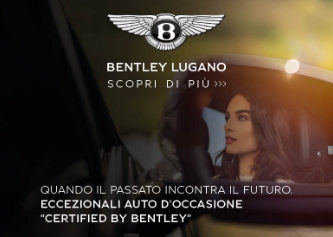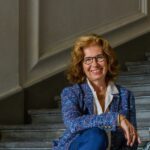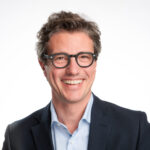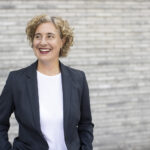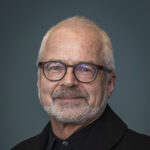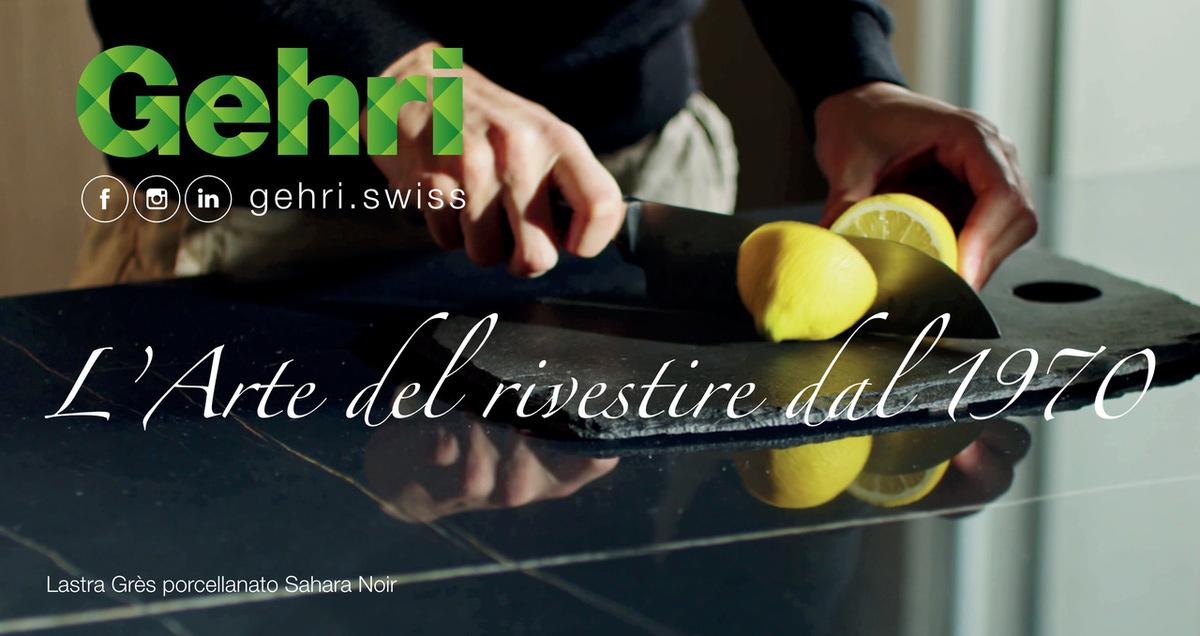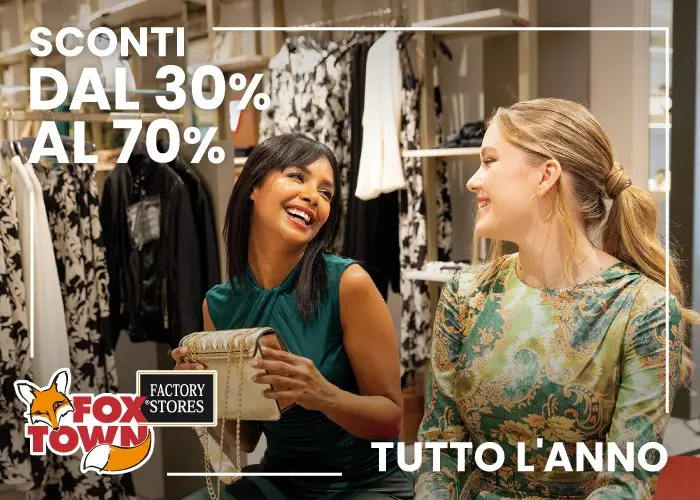 Michèle Frey-Hilti, if you could repeat one day of your life, which day would it be and why?
Michèle Frey-Hilti, if you could repeat one day of your life, which day would it be and why?
«Definitely the day my husband Lorenz and I were married. It was a day on which everything was perfect and which you want to remember forever. A day full of love and special moments for us as a couple, together with family and best friends».
Can you share with us a formative experience or key moment from your life that influenced your journey to philanthropy?
«When I was a child, my mother was committed to helping street children in Romania. She was often in Bucharest and explained to me early on why, and under what circumstances, the children had to live on the streets. The project she was involved in got the children off the streets, gave them a home in a family-like environment and access to school and vocational training. Later, I accompanied her on several trips. I realized that many people are unable to develop their potential – not because they lack talent, but because they are denied basic opportunities. Particularly where educational opportunities are poor, decisions are often made not out of conviction, but due to a lack of better alternatives – or simply because one doesn’t know any better. This keeps many people trapped in a spiral of poverty and dependency».
What role has education played in your life and how has it influenced your professional and personal development?
«Education continues to play a major role in my life and influences my professional and personal development to this day. It is an absolute privilege to have access to knowledge, to be able to constantly educate oneself and to be able to immerse oneself in all the topics that are interesting and inspiring. There is so much to learn in this world and I believe that we never stop learning. What’s more, if you don’t know anything, you have to believe everything – and that is rarely an advantage».
Which people or role models have inspired you on your path to philanthropy and how have these influences shaped your thoughts and actions?
«Certainly, as already mentioned, my mother. But basically, my family has been socially committed for as long as I can remember. My father, Michael, and my grandfather, Martin, were also formative role models for me. They showed me that entrepreneurial success comes with responsibility, that we were lucky in life and should therefore give back to the community. This belief and value system has strongly influenced my thoughts and actions».
What have you learned about philanthropy from your father and how have these lessons influenced your own involvement in the Hilti Foundation?
«My father treats everyone with respect and meets them on equal terms. He is a true entrepreneur and wants our foundation not only to support people, but also to challenge them. He has strongly influenced the way our foundation works, the aim of which is to enable people to improve their lives through their own efforts and to become self-reliant and independent. With the projects of the Hilti Foundation, we promote help for self-help. Because we are convinced that with access to education, knowledge and perspectives, the future of many people can be sustainably improved».
Can you give us an insight into the origins and goals of the Hilti Foundation? What was the foundation’s original vision?
«My family was already active in philanthropy before the foundation was established, but these efforts were mainly focused on Liechtenstein and the surrounding region. The Hilti Foundation was established in 1996 – as a result of our commitment to supporting the research work of underwater archaeologist Franck Goddio in Egypt. The archaeological discoveries he made, which we first made public in 1996, attracted worldwide attention. This partnership gave rise to the desire to give our social commitment a stronger structure and to become socially engaged internationally. Today, all of our philanthropic commitments are bundled together within the Hilti Foundation».
What are some of the Hilti Foundation’s current projects and what long-term goals do you have?
«In Liechtenstein, we are committed to strengthening the community and the sustainable development of the location. Together with local partners, we implement projects that promote biodiversity, education and inclusion – issues that are crucial for our society and future generations.
Internationally, we create safe and affordable housing, especially for families in fragile living conditions, and support initiatives that lift people out of poverty. We also promote educational programs for young people that give them self-confidence and open up new perspectives – for example through music or dual vocational training».
How does the Hilti Foundation’s funding activity differ from that of other foundations, and how has it changed over time?
«We attach great importance to not simply being a grant-making foundation, but to developing projects together with our partners and driving them forward strategically. This close collaboration enables us to contribute our knowledge and create solutions that will, hopefully, have a long-term impact – ideally in such a way that they become self-sustaining over time and that an active role on our part is no longer necessary. We also regularly measure the success of our projects and can make corresponding changes if necessary. What sets us apart from many other foundations is that we also think and act entrepreneurially in our philanthropic work».
The Hilti Art Foundation is another foundation in which you are active and which manages an impressive art collection. What is your personal connection to art and what significance does it have in your family?
«There was always art in our home. My father and mother have always had a passionate interest and this enthusiasm has been passed to me over the years. Art not only awakens emotions in people and stimulates discussion, but also enables encounters with another world. Almost no one is left unaffected by it. That’s why it fascinates me.
The Hilti Art Foundation does not have its own collection, but represents the collection of both the family trust and my parents, Michael and Caroline Hilti, to the outside world. Thus it brings together works from classical modernism to the present day. Both collections are still being developed and expanded».
What do you think about collaborating with other philanthropists and what benefits do you think this type of collaboration brings?
«Collaborations are valuable. We can always achieve more together than alone and we can learn a lot from each other if we are prepared to listen. It is crucial that the collaboration be based on honesty, mutual understanding and, above all, common goals.
What I find particularly enriching about every collaboration is how different the approaches and perspectives can be – depending on the cultural context or personal background. This is where I see great potential».
What challenges and opportunities do you see for the future of philanthropy in the Principality of Liechtenstein?
«One challenge will certainly be to win over future generations for philanthropic commitment. We are currently trying to do this, for example, with the “supergut” initiative (English: “super good”), which creatively introduces young people to the importance of biodiversity. With its manageable size and informal channels, Liechtenstein offers great opportunities. We can launch pilot projects relatively easily, learn from them and develop successful models, some of which can be adapted and implemented in other countries or contexts. Liechtenstein could certainly play a positive and pioneering role here».
When you look to the future, what hopes and visions do you have for the next generation of philanthropists in your family and beyond?
«I hope that the next generation in our family – and the next generation in the world – will one day take responsibility, not because they have to, but because they want to. And that they can do so in a world that doesn’t need to be saved first».


